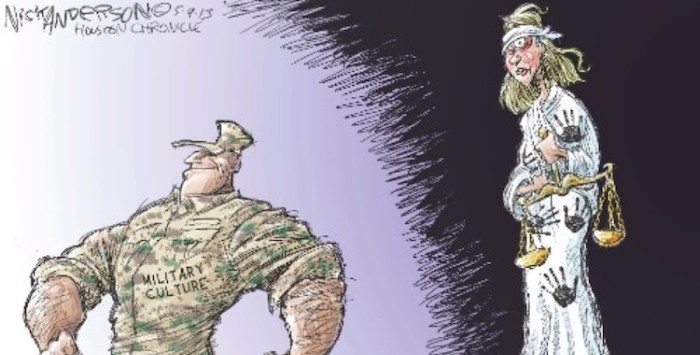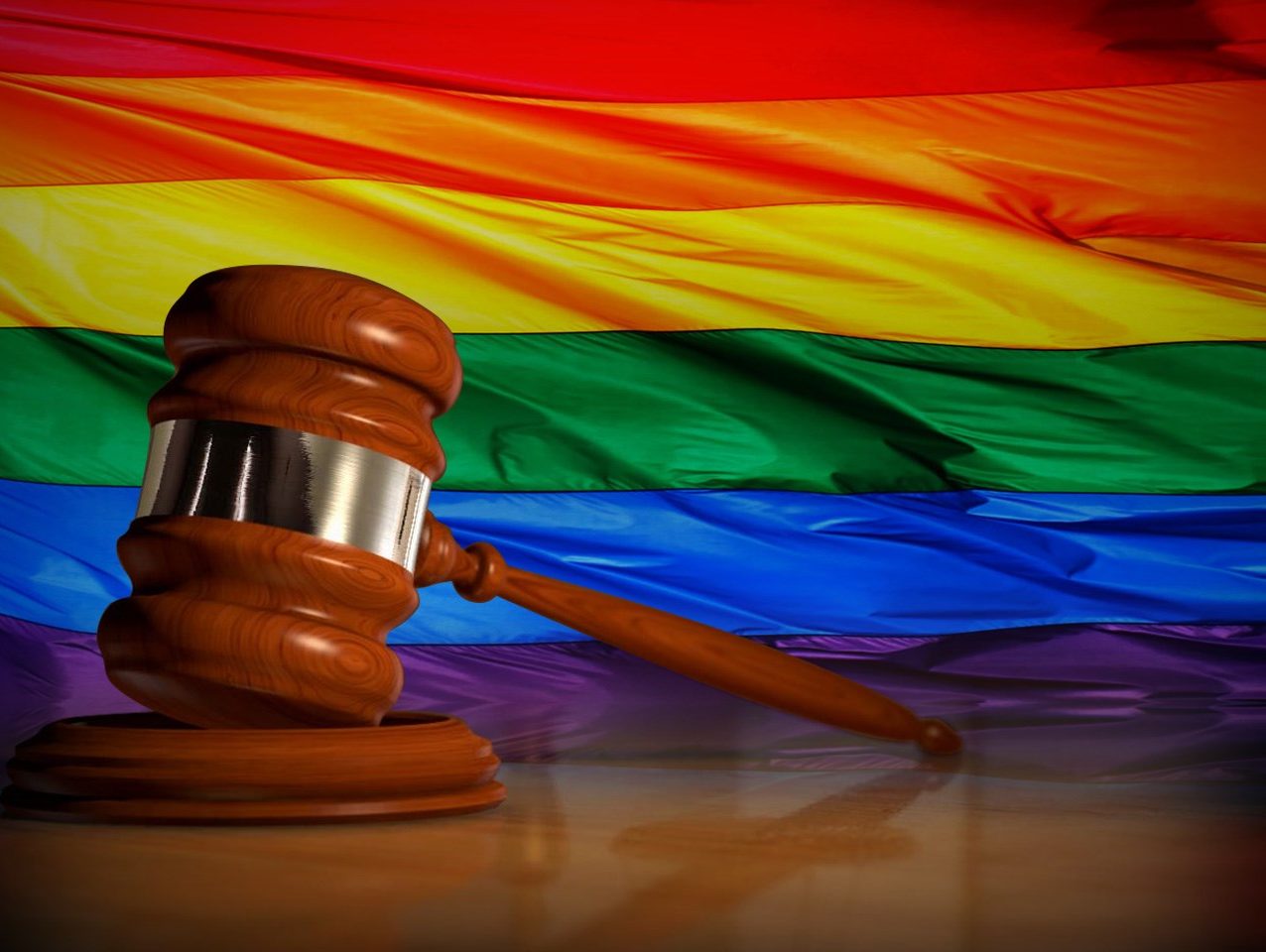
(Source) The SEC’s position on whether cryptocurrencies should be — or can be — classified as securities is far from clear, making it difficult for the public to understand how the cryptocurrency and token industry will be regulated by the federal government. In March 2019, Coincenter — a blockchain legislative advocacy group — published correspondence

(Source) America incarcerates people at a higher rate than any country in the world. The highly politicized War on Drugs led to a spike in incarceration, particularly in lower-income and minority communities. Although the prison population in the United States has declined since 2016, incarceration and recidivism rates remain high. According to a study

(Source) The latest Department of Defense (DoD) Annual Report on Sexual Assault in the Military reports an increase in instances of sexual assault in the U.S. military (military). While rates of sexual assault increase, rates of conviction and punishment remain unchanged. The current military justice system allows for the accused’s unit supervisor (hereinafter “Commander”)

(Source) In December of 2017, President Donald Trump signed into law the Tax Cuts and Jobs Act (TCJA) which generally went into effect on January 1, 2018. The TCJA, which has come to be known by some as the “largest tax overhaul in three decades,” has reformed many aspects of the individual federal income

(Source) In recent years, a number of television networks have created and successfully marketed shows focused on dance and choreography. These programs, such as So You Think You Can Dance, Dancing with the Stars, and World of Dance have created many jobs for choreographers and have, in turn, benefitted those choreographers by promoting their

(Source) Lately, vaccines have stirred up a lot of controversy. Anti-vaccinators have taken to the internet to expose supposed horrific results of the practice. This assault on a practice that is imperative to the health of our societies has turned heads and started debates. Misinformation about vaccines is all too common and public health

(Source) As of September 17, 2019, there have been 7 reported deaths and 530 cases of lung injury associated with e-cigarettes and vaping. Doctors across the country are struggling to determine the true cause of this illness with a high incidence among vape product users. Doctors are unable to even prescribe a uniform diagnosis

(Source) The first several years of the Trump Administration have proven to be a renaissance for national security law. Aside from the obvious headline grabbers—the Travel Ban, the emergency declaration, and, of course, the Mueller Investigation—there have been several important lower federal court decisions. These decisions are significant in that they are some of

On Monday April 22, 2019, the Supreme Court of the United States has agreed to hear three cases which seek rulings on whether sexual orientation, transgender status, and transitioning status are protected under Title VII of the Civil Rights Act after years of courts and government agencies taking conflicting positions on this landmark issue. The
